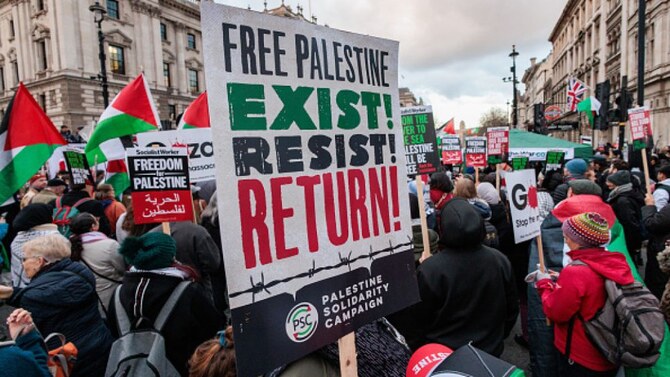BRUSSELS: Tech billionaire Elon Musk’s X platform is misleading users with its blue checkmarks for certified accounts, and is also violating EU content rules, Brussels said Friday, in a finding that could lead to hefty fines.
EU regulators are unhappy with the blue badge system under Musk’s ownership since anyone can now obtain it with a premium subscription, whereas before it was reserved for verified accounts including leaders, companies and journalists, after approval.
The formal warning against X is the first under the Digital Services Act (DSA), a sweeping law that forces digital companies do more to police content online. It follows a probe launched in December 2023.
X becomes the third company in as many weeks to face the European Union’s wrath for violating landmark new rules, after Brussels warned Apple and Meta to change their ways or risk massive fines — for breaches of a second law known as the Digital Markets Act (DMA).
Musk has overhauled the social media platform formerly known as Twitter, including changing its name, since purchasing it in October 2022.
But his plans for X have put him at odds with Brussels since the EU wants big tech to do more to protect users online and increase competition in the digital sphere.
Now the European Commission has told X of its preliminary view that it is “in breach of” the DSA, arguing that the social network “deceives” users with its new blue badge rules.
“Since anyone can subscribe to obtain such a ‘verified’ status, it negatively affects users’ ability to make free and informed decisions about the authenticity of the accounts and the content they interact with,” the commission said in a statement.
“There is evidence of motivated malicious actors abusing the ‘verified account’ to deceive users,” it added.
The commission also accused X of failing to comply with rules on advertising transparency — since it does “not provide a searchable and reliable” ad database — and failing to give researchers access to public data.
“X has now the right of defense — but if our view is confirmed we will impose fines and require significant changes,” the EU’s top digital official, Thierry Breton, said.
Fines under the DSA can go as high as six percent of a company’s total worldwide annual turnover and force it to make changes to address violations.
X will be able to examine the EU’s file and defend itself against Friday’s finding.
There is no time limit on how long an investigation may last.
EU regulators’ wide-ranging probe into X also continues to look into the spread of illegal content and the effectiveness of the platform’s efforts to combat disinformation, the commission said.
Under the DSA, X is one of 25 “very large” online platforms, including Facebook and TikTok, with more than 45 million monthly active users in the 27-country EU.
X is also in the EU’s crosshairs for a cut to content moderation resources. In May, the EU told X to hand over “detailed information and internal documents” and demanded more information about steps taken to mitigate risks from generative AI on elections.
There are currently other investigations under the DSA into Meta’s Facebook and Instagram as well as TikTok and AliExpress.
The DSA and the DMA are both part of the EU’s bolstered legal armory targeting big tech and EU regulators have stepped up enforcement of the laws since they came into force.





























